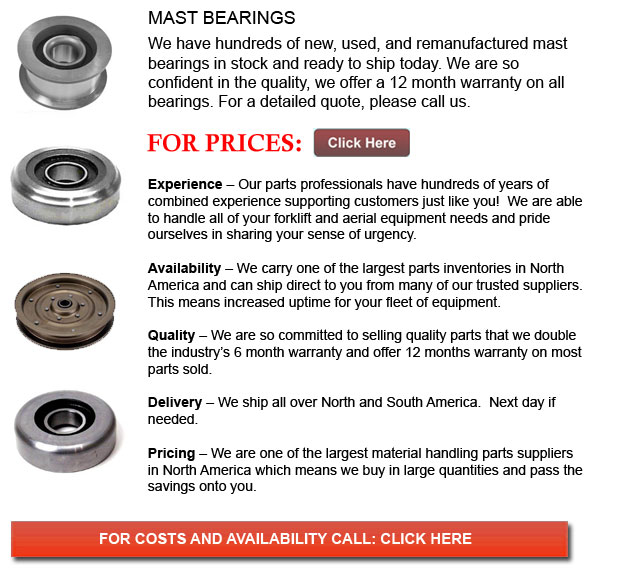
Mast Bearings - A bearing is a gadget that enables constrained relative motion among two or more parts, usually in a linear or rotational sequence. They can be commonly defined by the motions they allow, the directions of applied cargo they can take and according to their nature of operation.
Plain bearings are usually utilized in contact with rubbing surfaces, usually together with a lubricant such as graphite or oil too. Plain bearings can either be considered a discrete tool or non discrete tool. A plain bearing could consist of a planar surface which bears one more, and in this situation will be defined as not a discrete gadget. It could consist of nothing more than the bearing exterior of a hole along with a shaft passing through it. A semi-discrete example would be a layer of bearing metal fused to the substrate, while in the form of a separable sleeve, it will be a discrete device. Maintaining the right lubrication allows plain bearings to provide acceptable friction and accuracy at minimal expense.
There are various types of bearings that could enhance accuracy, reliability and develop efficiency. In numerous applications, a more fitting and specific bearing could enhance weight size, operation speed and service intervals, therefore lowering the whole expenses of utilizing and buying equipment.
Numerous types of bearings together with different lubrication, shape, material and application exist in the market. Rolling-element bearings, for instance, utilize drums or spheres rolling between the parts in order to reduce friction. Reduced friction provides tighter tolerances and higher precision as opposed to plain bearings, and less wear extends machine accuracy.
Plain bearings could be made of metal or plastic, depending on the load or how dirty or corrosive the surroundings is. The lubricants that are used can have significant effects on the friction and lifespan on the bearing. For instance, a bearing can work without whatever lubricant if constant lubrication is not an alternative because the lubricants can draw dirt which damages the bearings or equipment. Or a lubricant could improve bearing friction but in the food processing trade, it can need being lubricated by an inferior, yet food-safe lube in order to avoid food contamination and ensure health safety.
Most bearings in high-cycle uses require some lubrication and cleaning. They can need periodic modification to minimize the effects of wear. Various bearings can need infrequent repairs in order to prevent premature failure, although magnetic or fluid bearings can need not much preservation.
A well lubricated and clean bearing would help extend the life of a bearing, nevertheless, some types of operations can make it much hard to maintain constant upkeep. Conveyor rock crusher bearings for example, are routinely exposed to abrasive particles. Regular cleaning is of little use for the reason that the cleaning operation is costly and the bearing becomes contaminated all over again once the conveyor continues operation.
![]() Click to Download the pdf
Click to Download the pdf
Forklift Parts
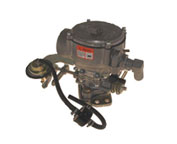



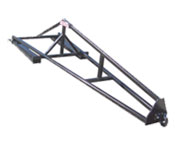
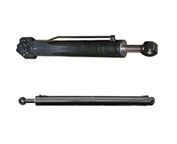
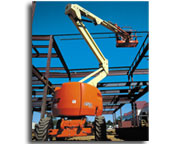
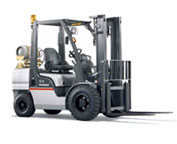
Lift Parts Express
TOLL FREE: 1-888-695-7994
forkliftpartstexas.com
Email Us
About Us


